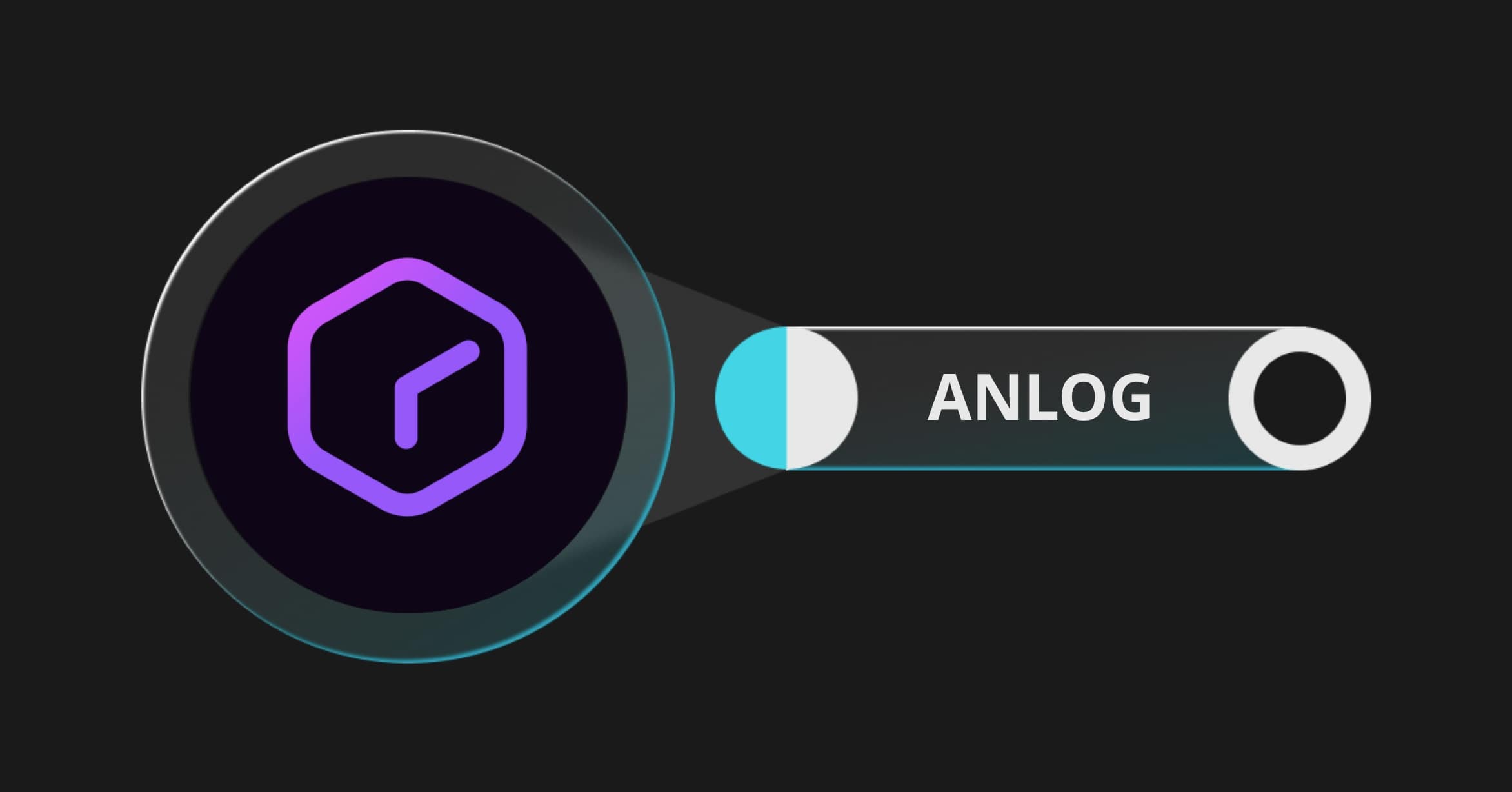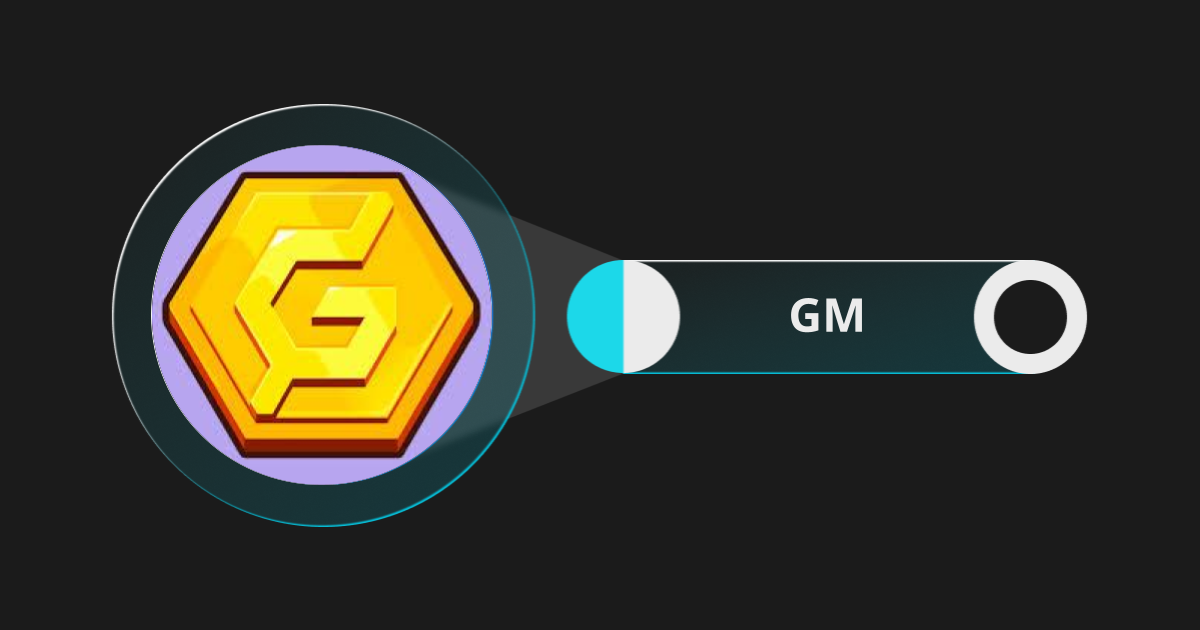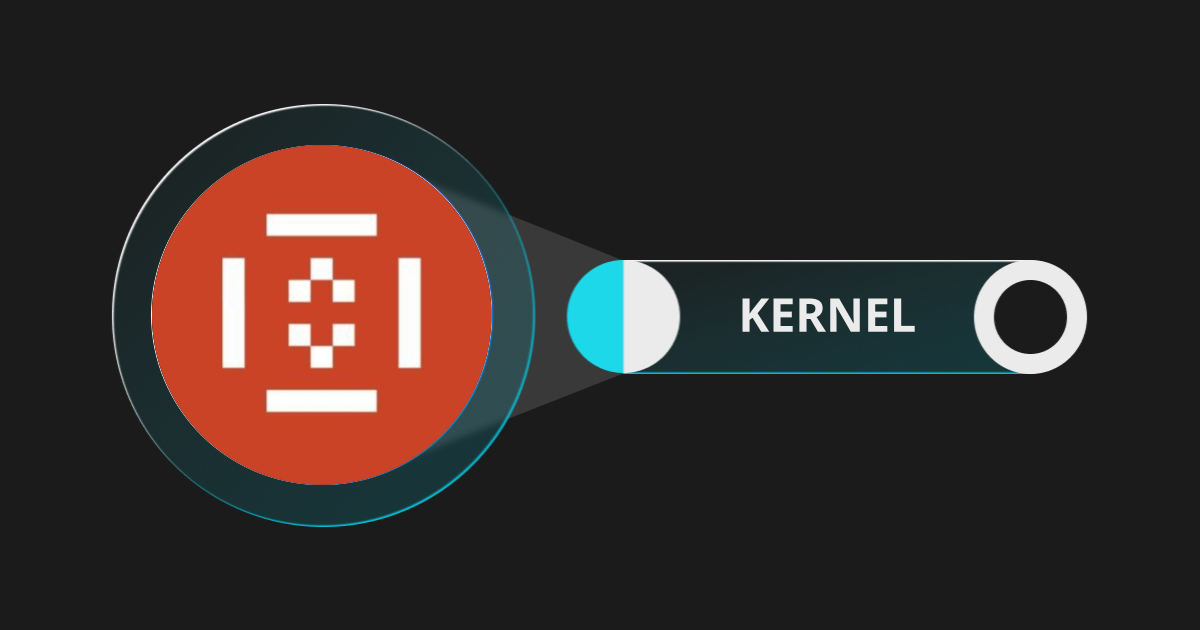
Analog (ANLOG): Building Bridges in the Blockchain World
What is Analog (ANLOG)?
Analog (ANLOG) is a suite of interoperability protocols built on the Substrate SDK, a framework known for its flexibility and modularity in creating blockchains. Its primary goal is to become the go-to hub for Web3 interoperability, tackling challenges in both multi-chain and cross-chain ecosystems.
The current blockchain landscape is often described as a collection of "walled gardens"—isolated networks with limited connectivity. While this ecosystem addresses the growing demand for blockspace, it has introduced significant problems such as fragmented user experiences, data, and liquidity. Analog’s vision is to provide developers and users with a seamless, secure way to navigate and integrate multiple blockchain networks, simplifying DApp development and enhancing user experience.
At the core of Analog is the Timechain, a custom-built blockchain that utilizes the Nominated Proof-of-Stake (NPoS) protocol. The Timechain is both the accountability layer and the engine driving cross-chain communication within the Analog ecosystem.
Who Created Analog (ANLOG)?
Analog was founded in 2021 by Victor Young and a team of engineers and DeFi experts who collectively bring more than 150 years of blockchain experience to the table.
Victor Young, a graduate of the University of Waterloo, has decades of experience in blockchain engineering and startups. His firsthand encounters with the challenges of siloed systems in traditional industries inspired him to create Analog. Victor’s vision was to build a truly chain-agnostic protocol that would unify fragmented blockchain ecosystems.
The Analog team also includes:
● Eric Wang, the Head of Business Development, whose background includes roles like Ecosystem Development Lead at Parity Technologies and General Partner at ROK Capital. He oversees Analog’s go-to-market strategy and partnerships.
● Avneet Singh, the Product Lead, who previously held senior positions at Chainlink Labs and PayPal. His expertise in software engineering and blockchain development propels Analog’s technical advancements.
● Sanchal Ranjan, the Product Manager, brings years of startup experience, having been a Deloitte consultant, a Y Combinator entrepreneur, and co-founder of ZiffyHomes.
● Florian Franzen, the Head of Research, contributes a wealth of Web3 expertise, including work at the Web3 Foundation and the Center of Advanced European Study and Research (CAESAR).
● David Craven, a Senior Blockchain Engineer, has worked at Parity Technologies and other blockchain-focused companies, bringing his technical knowledge to Analog’s development.
● Lohann Ferreira, another blockchain engineer, has experience in senior roles at First Foundry and Enjin, further strengthening Analog’s technical team.
What VCs Back Analog (ANLOG)?
Analog has attracted significant attention from prominent venture capital firms and investors. Among its notable backers are: Binance (BNB Chain Incubation), Outliers Fund, Tribe Capital, OrangeDAO, Wintermute, Master Ventures, Better Capital, NGC Ventures, Quantstamp, MH Ventures, Presto Labs, Contango Digital, Fred Smith, and Balaji Srinivasan.
How Analog (ANLOG) Works
Analog’s architecture revolves around two key components: the Timechain and its node network. Together, they enable seamless cross-chain communication and interoperability.
The Timechain
The Timechain is the backbone of Analog’s ecosystem. Built using the Substrate SDK, it operates as a Nominated Proof-of-Stake (NPoS) blockchain. Validators, known as Time Nodes, secure the network by verifying and committing new blocks in exchange for incentives. This ensures a dynamic and decentralized validator set, maintaining the integrity of the network.
The Role of Nodes
Two categories of nodes play vital roles in the Analog network:
1. Time Nodes:
These nodes secure the Timechain by validating transactions and committing new blocks. They are critical for maintaining the blockchain’s security and functionality.
2. Chronicle Nodes:
These nodes facilitate cross-chain communication through two primary services:
- Attestation Service: They monitor inbound cross-chain requests, validate them using Threshold Signature Schemes (TSS), and post the results on the Timechain.
- Relaying Service: They relay cross-chain message payloads to the destination chain for execution.
Together, these nodes enable DApps to interact seamlessly across different blockchains, eliminating barriers and improving user experience.
Products Built on Analog
Analog has already developed two notable products on top of the Timechain:
1. Analog Watch:
A developer-friendly platform for deploying and querying on-chain data. It provides a flexible way to interact with blockchain data across multiple chains.
2. Analog GMP (General Message Passing):
A secure and decentralized protocol for cross-chain communication. It allows DApps to execute smart contract functions on any Analog-connected chain, simplifying the process of building cross-chain applications.
In the future, Analog plans to introduce Analog Automation, a solution for automated cross-chain smart contract execution. This will allow developers to trigger smart contract functions across multiple blockchains seamlessly.
The Role of the $ANLOG Token
The $ANLOG token is the native cryptocurrency of the Analog network. It serves as both a utility and governance token. Users can stake $ANLOG to become validators (Time Nodes), participate in governance decisions, and secure the network. This token is central to Analog’s ecosystem, incentivizing participation and ensuring smooth operation.
Addressing Liquidity Fragmentation
One of Analog’s key innovations is its ability to solve the problem of liquidity fragmentation. By enabling seamless message passing between blockchains, Analog allows DApp developers to access liquidity across multiple platforms with a single click. This approach is similar to how HTTP(S) protocols enable communication over the internet, making blockchain integration intuitive and efficient.
Decentralization and Scalability
Analog is built to be highly decentralized and scalable. Anyone can participate in the network by running a Time Node or Chronicle Node, provided they stake the required tokens. The Timechain’s Substrate-based design ensures modularity and forkless upgrades, allowing the protocol to adapt and scale without disrupting the network.
ANLOG Goes Live on Bitget
ANLOG token is at the core of a groundbreaking interoperability protocol that connects fragmented blockchain ecosystems. Designed for seamless cross-chain communication, ANLOG supports decentralized applications and liquidity sharing across multiple networks.
We are thrilled to announce that Analog (ANLOG) will be listed in the Innovation and WEB3 Zone. Check out the details below:
Deposit Available: Opened
Trading Available: 10 February 2025, 11:00 (UTC)
Link: ANLOG/USDT
Start trading ANLOG on Bitget today to join a community shaping the future of blockchain interoperability!
Analog (ANLOG) on Bitget Launchpool — lock BTC and ETH to share 23,333,431 ANLOG!
Locking period: 10 February 2025, 11:00 – 15 February 2025, 11:00 (UTC)
Project details
• Token name: Analog (ANLOG)
• Total supply: 9,057,971,000 ANLOG
• Launchpool allocation: 23,333,431 ANLOG
Locking pool 1:
| Total ANLOG Campaign Pool |
11,666,715 ANLOG |
| Maximum BTC locking limit for VIP1-VIP7 |
1 BTC |
| Maximum BTC locking limit for VIP0 |
0.3 BTC |
| Minimum BTC locking limit |
0.0001 BTC |
BTC pool airdrop per user = user's locked BTC ÷ total locked BTC of all eligible participants × corresponding pool.
Locking pool 2:
| Total ANLOG Campaign Pool |
11,666,716 ANLOG |
| Maximum ETH locking limit for VIP1-VIP7 |
15 ETH |
| Maximum ETH locking limit for VIP0 |
10 ETH |
| Minimum ETH locking limit |
0.002 ETH |
ETH pool airdrop per user = user's locked ETH ÷ total locked ETH of all eligible participants × corresponding pool.
Lock Now
Analog (ANLOG) on Bitget PoolX — Lock ANLOG to share 3,030,315 ANLOG
Locking period: 10 February 2025, 11:00 – 20 February 2025, 11:00 (UTC)
Locking pool
| Total ANLOG Campaign Pool |
3,030,315 ANLOG |
| Maximum ANLOG locking limit |
15,151,515 ANLOG |
| Minimum ANLOG locking limit |
150 ANLOG |
ANLOG pool airdrop per user = user's locked ANLOG ÷ total locked ANLOG of all eligible participants × corresponding pool.
Analog (ANLOG) on Bitget CandyBomb – Trade to share 2,545,466 ANLOG
Promotion period: 10 February 2025, 11:00 – 17 February 2025, 11:00 (UTC)
Promotion details:
| Total ANLOG Campaign Pool |
2,545,466 ANLOG |
| Spot trading pool*new user only |
1,878,796 ANLOG |
| Futures trading pool*new futures user only |
666,670 ANLOG |
Disclaimer: The opinions expressed in this article are for informational purposes only. This article does not constitute an endorsement of any of the products and services discussed or investment, financial, or trading advice. Qualified professionals should be consulted prior to making financial decisions.
- What is Analog (ANLOG)?
- Who Created Analog (ANLOG)?
- What VCs Back Analog (ANLOG)?
- How Analog (ANLOG) Works
- ANLOG Goes Live on Bitget



